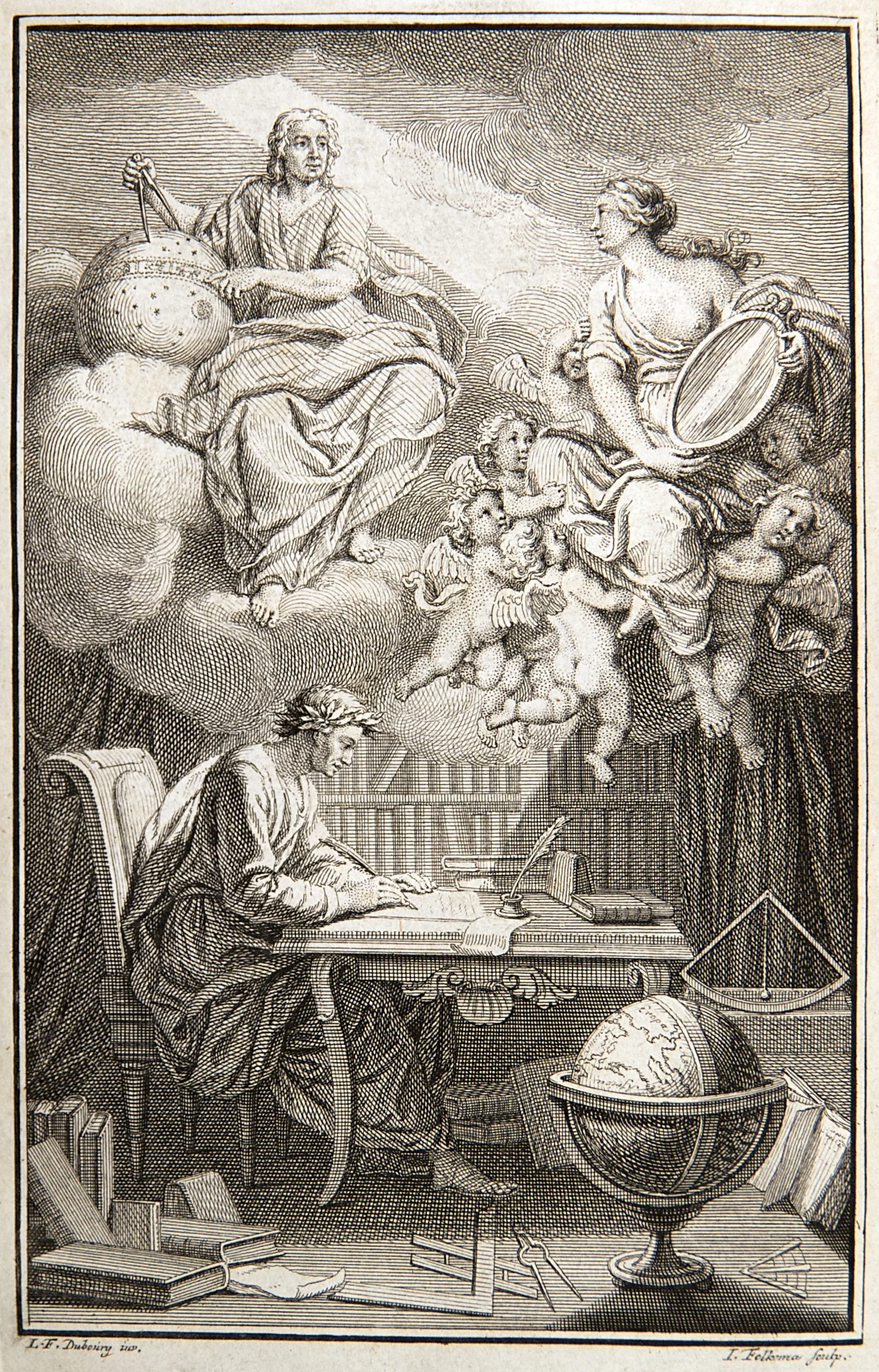This article Explains Critical Race Theory in America and Comments on the Legality of Anti-CRT Legislation.
Read MoreA rundown of the major Supreme Court cases involving the Second Amendment in the past decade. From D.C. v. Heller in 2008 to New York State Rifle and Pistol Association Inc. v. Bruen in 2021, this article explores the implications of the court’s decisions surrounding gun rights.
Read MoreThe COVID-19 pandemic has altered the meaning of ‘travelling’ for both overseas and domestic populations. However, for asylum seekers and refugees, this new generation of travel restrictions introduces a critical challenge to the fundamental protections of human rights: the principle of non-refoulement.
Read More71 countries around the world have laws against blasphemy. This widespread legislative phenomenon remains a source of debate among international legal scholars, and continues the discussion on the role of religion in society that has been taking place among academics for centuries.
Read MoreAs the new presidential administration looks to round out their first full year of liberal policymaking after the Trump era, reforming the criminal justice system’s pretrial pipeline is at the forefront. How soon will urban residents see the repercussions of cashless bail?
Read MoreApple has faced an antitrust lawsuit filed by Epic Games, the creator of the beloved mobile game Fortnite. This case directly challenges the 15-30% commission fee policy of the App Store that has previously raised many concerns amongst the App developer community.
Read MoreOver the past decade, with the rise of social media platforms such as Facebook, Twitter, and Instagram, U.S. Congress has considered censorship of misinformation on the platforms. Texas, however, has chosen a different path: in House Bill 20, Texas seeks to preserve first amendment rights and prevent censorship of conservative ideas by social media organizations.
Read MoreThe Bipartisan Campaign Reform Act restricts loan repayment to a candidate through post-election donations to $250,000. After loaning his campaign $260,000, Ted Cruz is challenging the BCRA in the Supreme Court on the grounds that it restricts his First Amendment rights. But could easing back these restrictions change the dynamics of U.S. elections?
Read MoreOn September 1, 2021, the Supreme Court upheld Texas Senate Bill 8, which has become colloquially known as the “Texas Abortion Ban.” This bill criminalizes abortions after roughly six weeks, notably earlier than most women suspect they are pregnant and employs monterary incentives to ensure Texans civilizans enforce the legislation.
Read MoreIn the shadow of Roosevelt’s trust busting, the Biden Administration revamps old antitrust legislation to tackle big tech. Facebook and Google have largely been at the receiving end of this effort. But, does an aging government have what it takes to regulate the tech sector?
Read MoreThe Supreme Court case Trump v Hawaii justified what was criticized as a Muslim country immigration ban. The precedents associated with this ban create a dangerous environment of unchecked Presidential power and long-term issues.
Read MoreReligious liberty proponents tend to condemn the reasoning outlined by Justice Scalia in Employment Division v. Smith (1990). In this article, I will explain how, all things considered, he actually took the most prudential approach possible to resolving this deceptively complex issue.
Read MoreIn the final segment of his six-part series, Professor Ari Gabinet compares the ongoing SEC v. Ripple Labs case against the Kik case. He concludes the series by calling for a consistent regulatory model for cryptocurrency. Professor Gabinet draws on his expertise in securities law, accrued through experience as a private practice litigator, a private sector in-house counsel, and as a district administrator of the SEC.
In the fifth piece of his six-part series, Professor Ari Gabinet analyzes the role of Kin’s contract in determining whether it is a security. Professor Gabinet draws on his expertise in securities law, accrued through experience as a private practice litigator, a private sector in-house counsel, and as a district administrator of the SEC.
Read MoreIn the fourth part of his six-part series, Professor Ari Gabinet analyzes Kin’s status as a security based on the ramifications of the Howey test. Professor Gabinet draws on his expertise in securities law, accrued through experience as a private practice litigator, a private sector in-house counsel, and as a district administrator of the SEC.
In the third segment of his six-part series, Professor Ari Gabinet discusses the application of the Howey test in the case of digital currency utilized by instant messaging service Kik to build out its blockchain. Professor Gabinet draws on his expertise in securities law, accrued through experience as a private practice litigator, a private sector in-house counsel, and as a district administrator of the SEC.
In this second installation in his six-part series, Professor Ari Gabinet details the Howey test, a legal standard used to evaluate whether a transaction constitutes an investment contract. Professor Gabinet draws on his expertise in securities law, accrued through experience as a private practice litigator, a private sector in-house counsel, and as a district administrator of the SEC.
In this first segment of a six-part series, Professor Ari Gabinet begins to outline how digital assets such as cryptocurrencies and NFTs conform—or fail to conform—with the SEC’s current regulator framework. Professor Gabinet is an expert in securities law, drawing from experience as a private practice litigator, a private sector in-house counsel, and as a district administrator of the SEC.

















